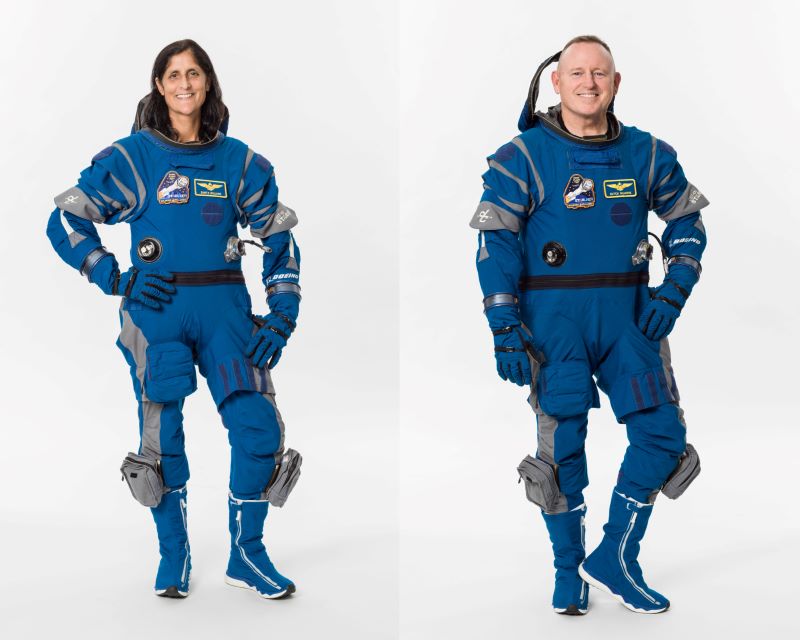 Sunita Williams
Sunita Williams
Indian-origin astronaut Sunita Williams and her colleague face trouble following detection of 'specebug' at space station
Indian-origin astronaut Sunita Williams and her colleague Butch Wilmore successfully entered the International Space Station after docking their Boeing’s Starliner spacecraft on June 6 but they are now facing a superbug challenge.
Williams and her colleague will remain there for a week-long stay, testing Starliner and its subsystems as the next step in the spacecraft’s certification for rotational missions as part of the agency’s Commercial Crew Program.
Triggering concerns for the health of astronauts, scientists discovered a superbug notorious for being resistant to drugs in samples isolated from the International Space Station.
They found 13 strains of the bacterium Enterobacter bugandensis which is known to be multidrug resistant, reported The Independent.
The findings suggest these bacterial strains mutated under the stress of the space environment and became genetically distinct from their Earth counterparts, the newspaper reported.
This means it possesses harmful traits that can lead to a “plethora of infections”, researchers told The Independent.
Scientists said that the closed human environment of the ISS offers a unique extreme environment with microgravity, radiation and elevated carbon dioxide levels that force such microbes to adapt in order to thrive.
The study reportedly showed researchers found that bacterium from the ISS sample developed a method to evade the action of many different types of antibiotics.
Support Our Journalism
We cannot do without you.. your contribution supports unbiased journalism
IBNS is not driven by any ism- not wokeism, not racism, not skewed secularism, not hyper right-wing or left liberal ideals, nor by any hardline religious beliefs or hyper nationalism. We want to serve you good old objective news, as they are. We do not judge or preach. We let people decide for themselves. We only try to present factual and well-sourced news.







